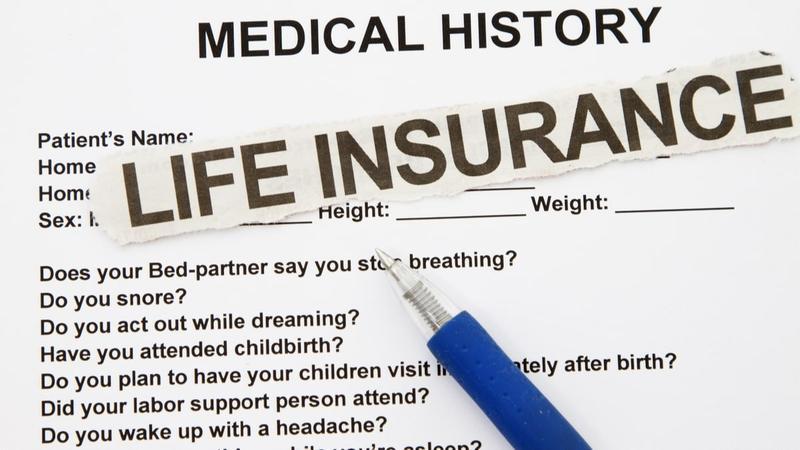When you sign your name at the bottom of a life insurance policy, the goal is to protect your family in the event you die of natural cause or disease. However, there are situations where a life insurance policy will not pay out. Sometimes it’s a missed detail or an intentionally dishonest statement on the policy holder’s behalf – either way, the effects can be devastating, especially in a time of extreme emotional turmoil.
To prepare, here are ten instances a life insurance policy will not pay out:
- The policy doesn’t cover your specific situationNot unlike auto insurance or home insurance, all policies have different nuances to them. Before you sign off on a policy be sure to shop around and see if there’s a policy that fits your specific needs.
- You were dishonest in your answersEvery life insurance policy has an "incontestability period" – a window of time for the provider to dispute a policy’s validity based on information provided incorrectly on the application. Take for example you said you were a non-smoker in your policy but a year or later you started smoking the odd cigarette while out at the bars, eventually contracting lung cancer. If your insurance company finds out about this, they can void the policy.
See How Much Life Insurance Costs For You:
Get the coverage you need at an affordable price. Start a 1 minute online quote right now.
- Disability and critical illnessUnfortunately, most life insurance policies don’t cover disability and critical illness. However, a separate policy can be purchased that is specifically designed to cover and address some of the financial stress caused by serious illnesses like cancer, heart attacks, etc. The difference between the two is that for life insurance to be paid out, the insured has to die, critical illness insurance on the other hand, is a living benefit, meaning it doesn’t need to be a terminal illness for the benefit to be paid and the sum is paid to the insured not a beneficiary or dependent.
- Your beneficiary is under 18
If the beneficiary is under the age of 18 then the money won’t be paid out, it will be paid to a trustee designated by the insured.
- Discrepancies between life insurance policy and the willA designation in a will cannot override a designation of an earlier beneficiary on a will unless the policy in question is named in the will. For example, if you get divorced and remarry but your ex-wife’s name is on the insurance policy as your beneficiary then the policy will be paid to your ex-wife even if the will designates the second wife as the beneficiary.
- You die beyond your termIt’s possible to purchase a policy valid only until a certain age or for a certain number of years. Living past this age means the insurance is invalid.
- SuicideContrary to popular belief, insurance policies do cover suicides – albeit after a contestable period which is usually two years or so. The reason there’s a contestable period is that insurance companies would likely suffer financially if they paid out right away. Someone planning suicide could buy a policy right before they ended their life.
- You were in a restricted country or killed by an act of warA common exclusion in many policies prevents payout in the event of accidental death caused by an "act of war" or death "while in active military service." Adventure-seekers or those visiting restricted countries or areas embroiled in politically turmoil usually aren’t covered as well.
- You die in a high-risk activityIt seems like a given but in many cases, insurance policies will include a clause that says the insurer won’t cover death by extreme sports or high risk activities like sky-diving or acrobatic flying.
- The premium hasn’t been paidPolicies typically include a 30-day grace period after the due date to pay a premium. If the premium is not paid in this time, the policy is apt to lapse unless of course the death occurred during that period. In that case, the premium will be deducted from the benefit paid.
